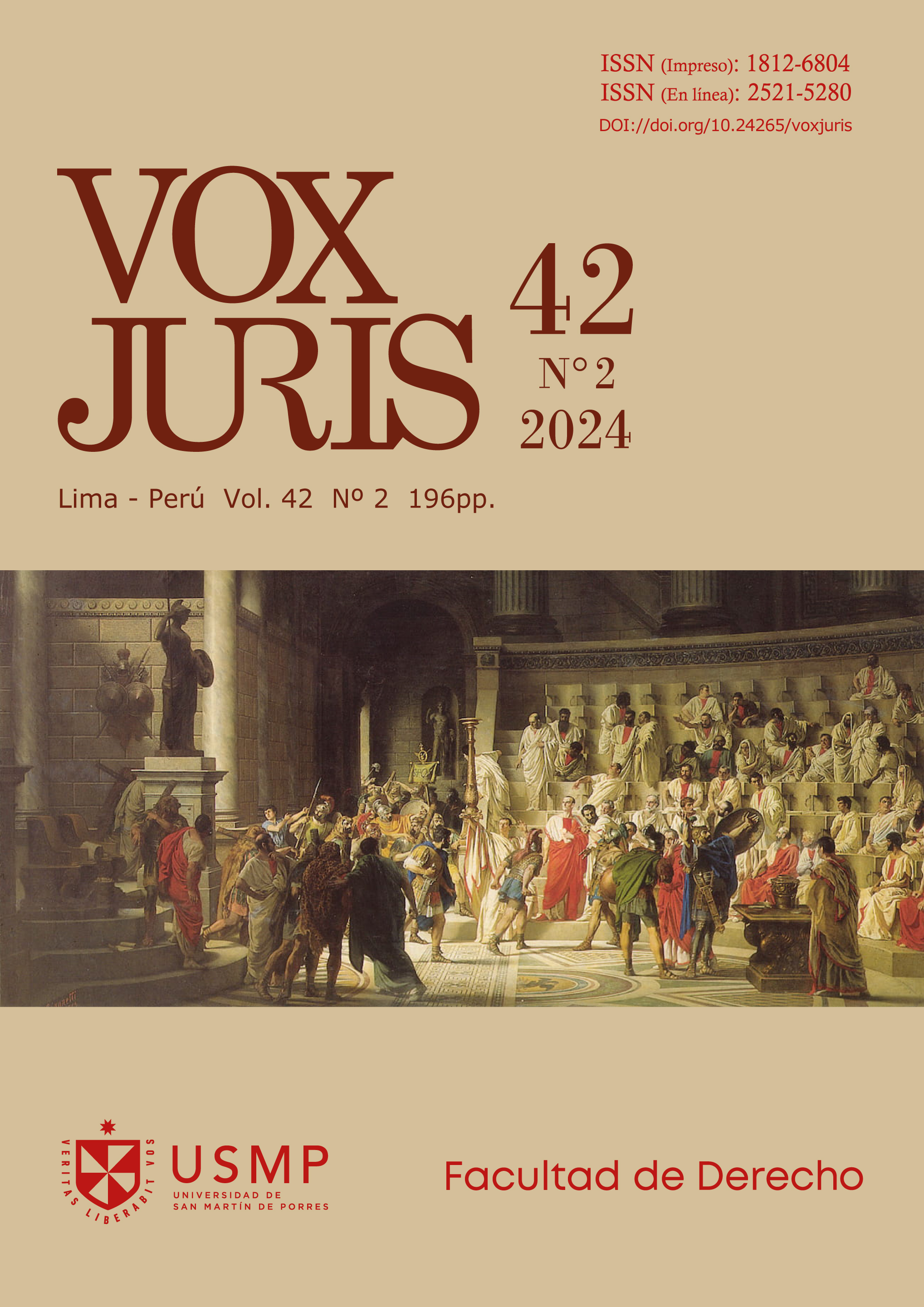INCOME CONTINGENT FINANCING AS A GUARANTEE OF THE RIGHT TO ACCESS HIGHER EDUCATION FOR MEDICINE UNDERGRADUATEPROGRAMS IN COLOMBIA
Abstract
Education has been enshrined in the 1991 Political Constitution as a social, economic, and cultural right. Consequently, the State is obliged to guarantee access to all inhabitants of the national territory at all educational levels, including higher education and specifically to all academic programs, regardless of their cost or if the institution offering them is not of a public nature. The purpose of this work is to analyze how the State can ensure access to undergraduate medicine programs offered by private universities. This would be accomplished through financing models, such as Income Contingent Loans (ICL), by assessing the costs of tuition for this program in various institutions across the country. Additionally, the investment in academic training will be compared to the economic and labor situation of the recent graduate in order to recoup it. This work was based on a systematic documentary review that included doctrine, jurisprudence, and studies conducted worldwide on this subject. Pursuing a medical degree at a private university in Colombia entails a significant investment. Although the State could finance this education through models like ICL to fulfill its role as a guarantor of access to higher education, the current economic and labor conditions of medical professionals could jeopardize meeting the obligations incurred for their academic training through this educational financing option. Based on the obtained results financing a medicine program at a private higher education institution in Colombia using the ICL model could pose a financial risk for the State.
Downloads
Downloads
Published
Issue
Section
License
Copyright (c) 2024 Eduardo Andrés Calderón Marenco, Karime Cure Requena, Zulma Jissenia Camargo Leal

This work is licensed under a Creative Commons Attribution 4.0 International License.
Los autores que publican en esta revista están de acuerdo con los siguientes términos:
- Los autores conservan los derechos de autor y garantizan a la revista el derecho de ser la primera publicación del trabajo al igual que licenciado bajo una Creative Commons Attribution que permite a otros compartir el trabajo con un reconocimiento de la autoría del trabajo inicial en esta revista.


